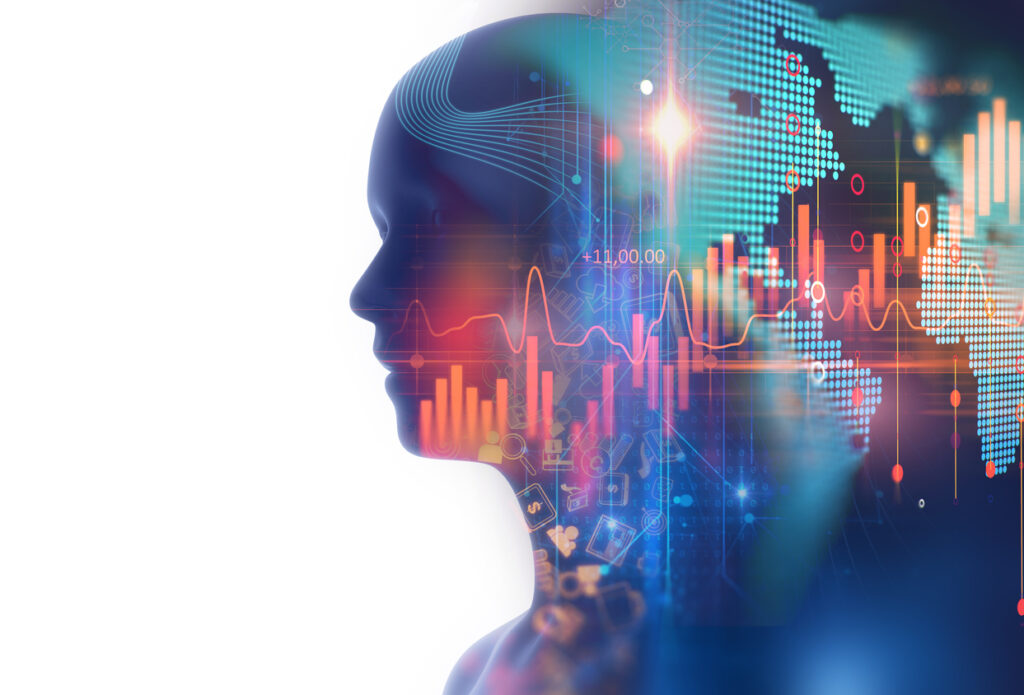At its most basic level, artificial intelligence (AI) will provide HR with the ability to automate many aspects of the recruitment process in a much faster and more efficient way compared with traditional processes.
Manual searches for candidates will be a thing of the past; instead, recruiters will enter key terms, desirable aspects and job requirements into a database, and AI will instantly provide a shortlist of ideal candidates.
But where AI will truly transform hiring and herald a new dawn in recruiting is its ability to provide complete understanding of a candidate’s life in just a few clicks. AI will enable recruiters to pre-screen candidates’ ‘lives’, rather than just their CVs, to help identify the best matches.
AI to evaluate more than just skills
Deep learning algorithms will reveal the most successful attributes of candidates for specific roles and may even identify and recommend specific individuals’ data mined from millions of people around the world, rather than the small pool of candidates who have applied for the role.
Through data mining of social networks, AI will go beyond matching skills and map out personality traits, such as a candidate’s work ethic, ability to work in teams, and overall effectiveness.
For example, someone who just took a programming course on an emerging programming language would be identified by AI, which could result in that individual being contacted by a recruiter about an available developer position at a company that requires someone with knowledge of that same language.
Algorithms will be able to compare a candidate’s online ‘persona’ and activity to the millions of individuals that have been successful in similar positions previously, therefore allowing recruiters to find the right person for the job much more efficiently.
AI has already forged tremendous inroads for targeted marketing campaigns by watching what sites you visit and what blogs you read, and profiling you by the things you like and don’t like. The statements you make on your social media accounts are all data points that create a ‘feature vector’ describing you.
AI will automatically screen potential candidates via their digital footprint to ensure that potential candidates are not only qualified for the role, but well-suited to the organisation’s culture.
It is not a huge leap to use these same techniques to find new talent that is in line with a company’s needs. In the past, recruiters would review a person’s online presence during the recruiting process. Angry posts or inappropriate images would immediately ruin a candidate’s prospects of winning that position. AI will be able to do this automatically, to not only match personality traits, but also to evaluate a person’s track record, relevant projects and experience.
For instance, peer evaluations will become more important in the future. There are many employers that are hesitant to provide honest, constructive feedback about an employee’s poor performance for fear of legal ramifications. AI would be able to provide this information automatically.
In an instance where someone requests a reference about an individual seeking employment elsewhere, there are many cases where employers are just happy to see the individual leave. It is easier to have a person leave on their own accord, than to take actions to have them fired. Therefore peer ranking systems and assessment metrics are becoming very popular on social media.
While no single rating is an accurate representation of an individual’s abilities, in the future data mining will be able to weigh up all of these metrics, including seeing someone’s community service and volunteer activities.
Companies will seek more well-rounded individuals, and not just those that have the technical skills to do the job. AI may even help discover trends and relationships between activities and skills like this that employers are currently not even considering when searching or evaluating a candidate.
AI and diversity
AI will also enhance diversity in the workplace by helping to establish the best practices for employee training and workplace culture.
Take, for instance, the growing population of refugees – workplace training for these displaced individuals requires hiring managers and companies to understand the needs and experiences of these populations, but with AI this wouldn’t be necessary, making recruitment of such individuals a much more streamlined and cost-effective process.
AI will also provide data-driven insight into the true causes of employee attrition, which will be critical for ensuring the successful recruitment and retention of diversity candidates.
Recruiters will be able ensure their clients get the right person for the right company, not just for the right job, as AI will automatically screen potential candidates via their digital footprint to ensure that potential candidates are not only qualified for the role, but well-suited to the organisation’s culture.
Over time, the role that AI can play in the recruitment process will grow, taking in more information and understanding more of what makes a candidate successful.





